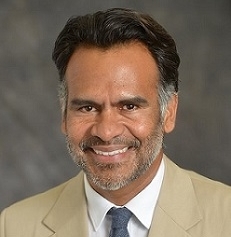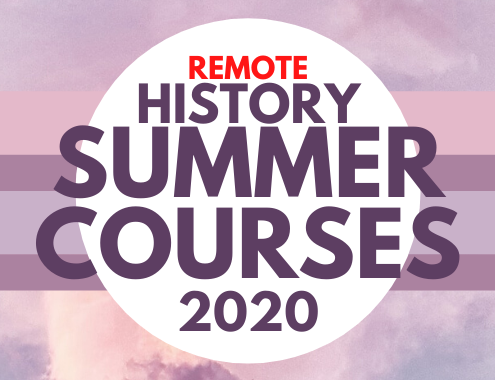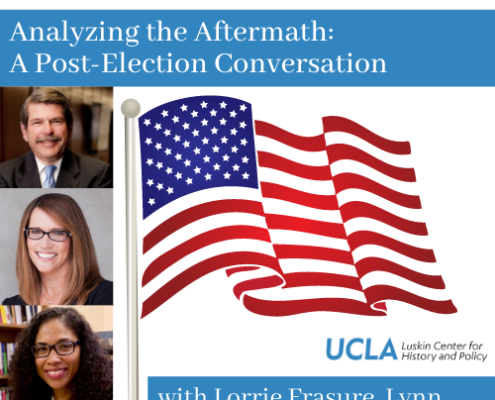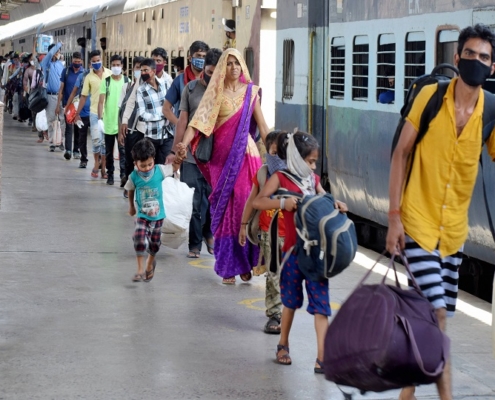Posts

UCLA Professor Eric Avila Discusses How U.S. Infrastructure Historically Fostered Racial Inequality
Recently U.S. Transportation Secretary Pete Buttigieg said, "There…

UCLA Professor Eric Avila Discusses Infrastructure and Racial Equity with The New York Times and NPR
Dr. Eric Avila, UCLA Professor of History, Chicana/o and Central…

UCLA Podcast “Then & Now” Analyzes the Election Aftermath
UCLA's Luskin Center for History and Policy (LCHP)…

Professor Avila Featured in PBS Film, “Driving While Black: Race, Space and Mobility in America”
UCLA Professor Eric Avila, was one of the scholars and community…

“Be Still And Do Not Move”: The COVID-19 Migrant and the Ministry of the Soul
India's largest media network, ABP Live, recently published…

LA Social Science Summer Course Previews: History Department Courses in 2020
Summer 2020 is right around the corner, and LA Social Science…

